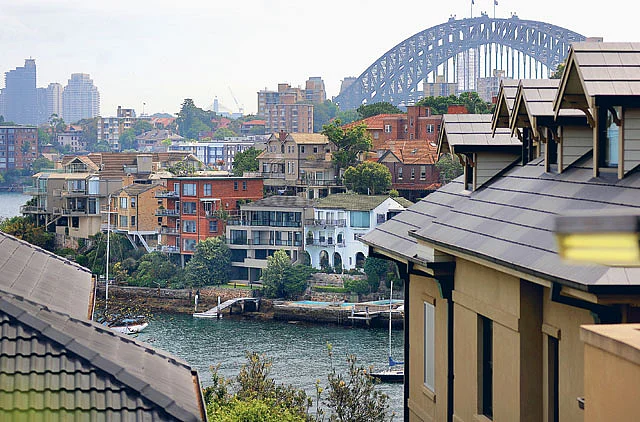Australia warns banks to keep grip on house loans as prices rise
Supply does not meet the demand of the rising population

Sydney: Australian banks must maintain lending standards to prevent the house price surge, stoked by population growth, from turning into a bubble, a central bank official said.
"It will be important for lenders to remain prudent in their standards," Reserve Bank of Australia head of financial stability Luci Ellis said yesterday.
"It will be equally important for prospective borrowers to have realistic expectations, and not to rely on a hoped-for capital gain in order to service their debts," she said.
Prices in Australia's $3.5 trillion (Dh12.85 trillion) property market, which accounts for around 60 per cent of household assets, grew 20 per cent in the 12 months through March, prompting some analysts to warn of a bubble.
The gains, which Ellis said were driven by higher population growth and slower dwelling supply, were among reasons Governor Glenn Stevens had led Group of 20 policy makers into raising borrowing costs.
"We do not have a credit-fuelled speculative bubble on our hands," Ellis told the 2010 Financial Review Residential Property Conference yesterday.
"It would not be desirable for the current situation to turn into one."
"The nature of the demand shock Australia faces means that it would be helpful if more of that demand could be accommodated with extra homes for occupation, instead of by higher prices," she said.
Dwelling prices climbed last year after the central bank slashed the benchmark interest rate to a half-century low of 3 per cent and the government temporarily tripled grants to first-time buyers of newly built dwellings to Dh67,000.
Rising prices
"Housing prices have been rising quite quickly of late," Ellis said.
"A number of factors have been boosting housing demand, and supply has struggled to keep pace."
Population growth is now "running noticeably faster than growth in the dwelling stock," she said.
Foreign buyers of Australian bank bonds were increasingly concerned a bubble was developing in the nation's property market, Fitch Ratings said.
Offshore investors had been asking if there was "an asset bubble forming in the housing market," Fitch senior director John Miles said yesterday.
"If the investors perceive there is, then that could be a problem," he said.
Since early October, Stevens has increased the benchmark rate by 150 basis points to 4.5 per cent this month.
Sign up for the Daily Briefing
Get the latest news and updates straight to your inbox
Network Links
GN StoreDownload our app
© Al Nisr Publishing LLC 2025. All rights reserved.